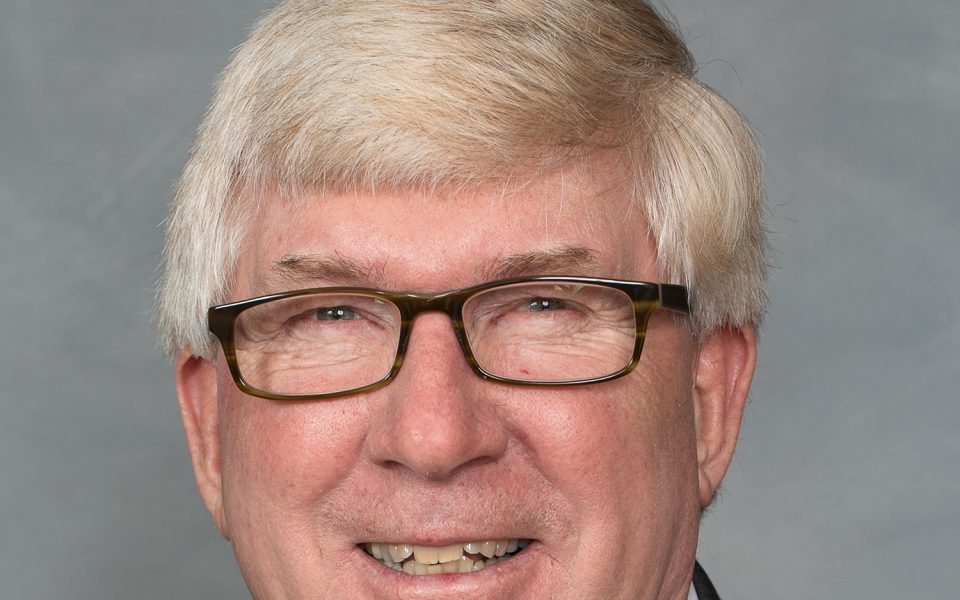As the North Carolina legislative session draws to a close, we find ourselves in the season of the bad bill — those moonshots that usually don’t stand a chance of making the cut, but give us a window into what our elected officials do with their — our — time.
A near perfect example comes from a provision tucked inside the 2018 Farm Bill, SB 711, Section 6(b): The NC Department of Agriculture “shall immediately develop an enforcement plan to enforce FDA’s standard of identity for milk as adopted in the North Carolina Administrative Code to prohibit the sale of plant-based products mislabeled as milk.”
This means that we can’t call it “almond milk” anymore.
Now, it’s true that the European Union has already enacted laws prohibiting the marketing of non-dairy products as milk, and we all know how eager the members of the NC General Assembly are to model the state after the EU. It’s also true that the US Food & Drug Administration has established a legal definition of milk strictly as the stuff that comes from mama cows. By that standard, goat milk, which human babies sometimes drink, and buffalo milk, from which the best mozzarella is made, is technically not milk either.
And if this passes, North Carolina would be the first state in the union to have such a law on the books.
Closer to the truth is what Agriculture Commissioner Steve Troxler told the Senate: that dairy farmers are losing money on their milk. Troxler and the Agriculture and Environment Committee that wrote the omnibus bill make an argument that hinges on the assumption that people think there’s milk in soy milk.
Could anybody be that dense?
“I’m a confused consumer,” said Sen. Tom McInnis, a Republican from Richmond County, during debate on the Senate floor. “I would have bet my car that there was some semblance of milk in those products, and I would have lost my car.”
Join the First Amendment Society, a membership that goes directly to funding TCB‘s newsroom.
We believe that reporting can save the world.
The TCB First Amendment Society recognizes the vital role of a free, unfettered press with a bundling of local experiences designed to build community, and unique engagements with our newsroom that will help you understand, and shape, local journalism’s critical role in uplifting the people in our cities.
All revenue goes directly into the newsroom as reporters’ salaries and freelance commissions.


Leave a Reply